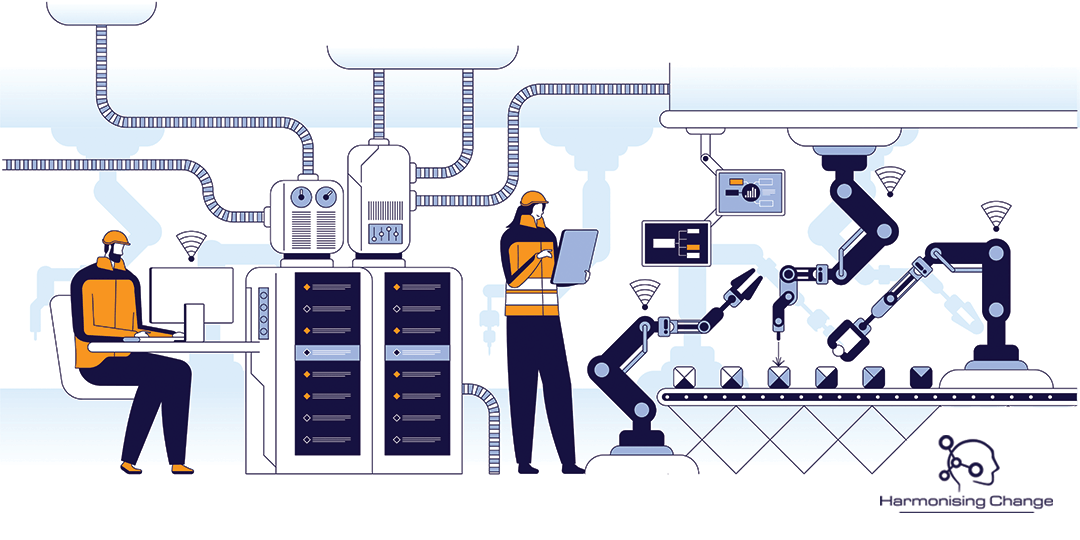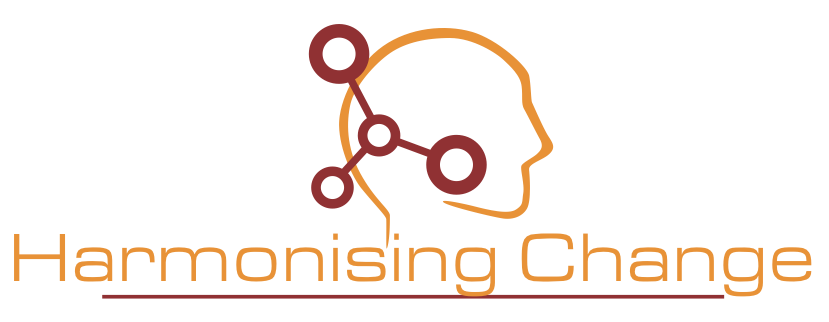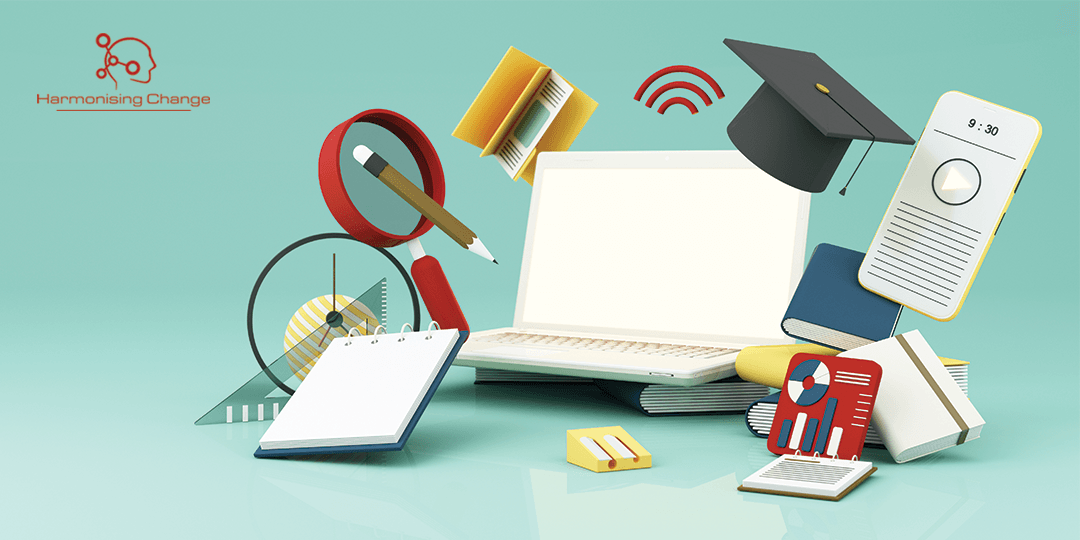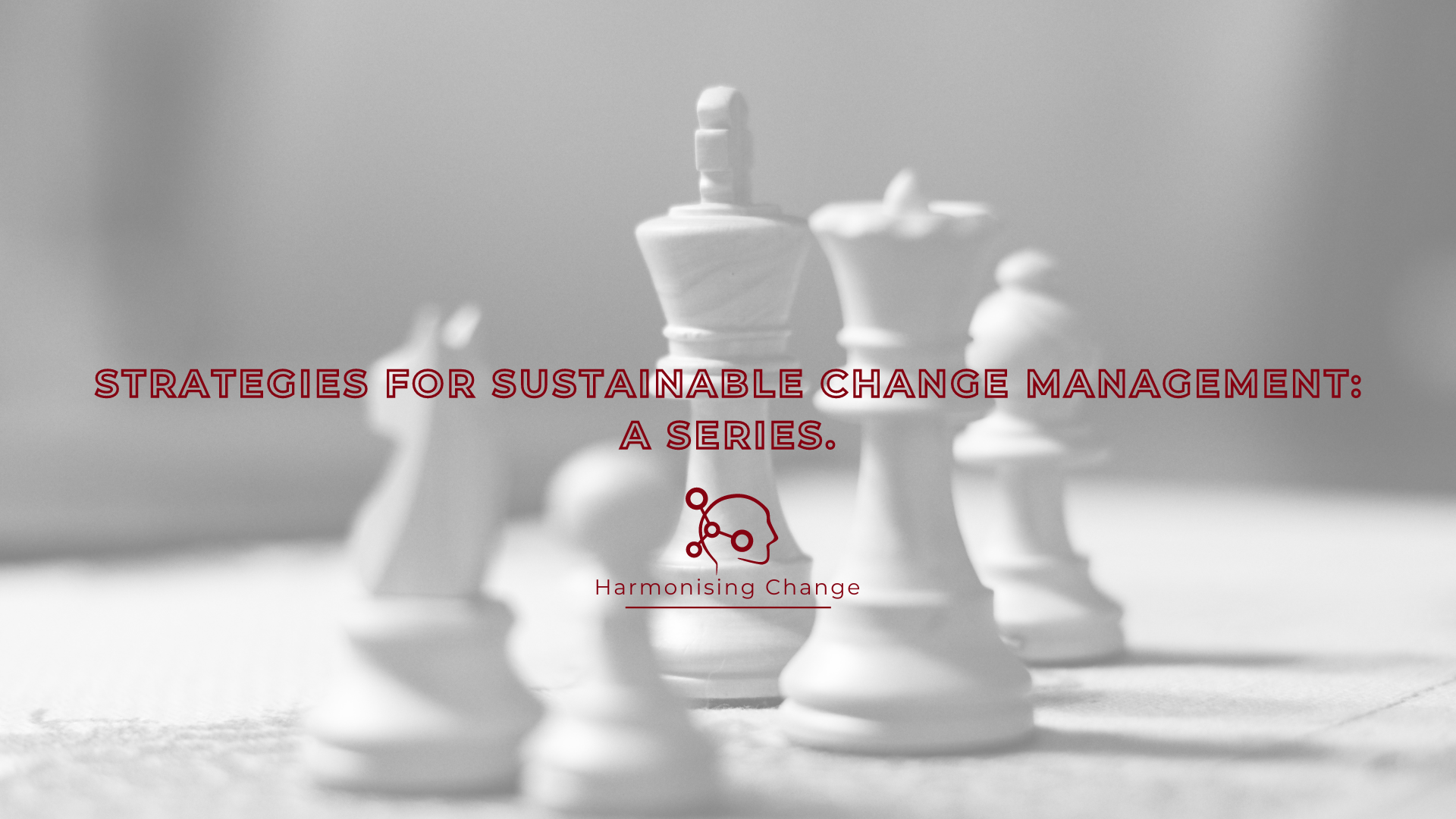
The 4th Industrial Revolution – are we ready?
The 4th Industrial Revolution (4IR) is a term used to describe the current era of technological advancements, characterised by the integration of digital, physical, and biological systems.
It builds on the third industrial revolution, which saw the rise of automation and computerization. The 4IR encompasses emerging technologies such as artificial intelligence, the Internet of Things, blockchain, and advanced robotics. It is transforming industries and societies, creating new opportunities and challenges in areas such as manufacturing, healthcare, transportation, and education. The 4IR promises to reshape our lives and work in profound ways, presenting both exciting possibilities and potential risks.
Digital transformation and the introduction of new technology have had a significant impact on the way we do work, changing the nature of jobs and creating new opportunities.
Here are three examples of how digital transformation is affecting the workplace:
- Automation: The use of automation technologies such as artificial intelligence and robotics is increasingly replacing human labour in routine and repetitive tasks. This has led to the creation of new job roles, such as data analysts and automation specialists.
- Remote work: The COVID-19 pandemic has accelerated the adoption of remote work, allowing employees to work from anywhere using digital tools and communication technologies. This has increased the need for digital skills and collaboration tools.
- Augmented Reality (AR): AR is a technology that overlays digital information onto the physical world, providing real-time information and enhancing the user’s experience. AR is being used in industries such as manufacturing, healthcare, and education to improve efficiency, accuracy, and safety.
We’ve also recently seen the sudden rise in Artificial Intelligence (AI). Another innovation developed with the 4IR, which is gaining huge momentum.
To keep up with the rapid pace of AI and automation technology, businesses must pivot and adapt their strategies to remain competitive. They can do this by investing in and integrating AI and automation technologies into their operations. This may involve re-skilling their workforce, implementing new processes, and adopting new business models.
One example of how businesses are utilising AI is through the use of chatbots powered by language models such as Chat GPT. Chatbots can automate customer service, sales, and marketing tasks, freeing up employees to focus on higher-value activities. By leveraging AI and automation technologies, businesses can improve efficiency, reduce costs, and enhance the customer experience.
However, it’s important for businesses to also consider the ethical implications of AI and automation, such as privacy concerns, bias, and job displacement. By developing responsible AI strategies and being transparent about their use of these technologies, businesses can ensure that they are using AI and automation for the benefit of both their business and society as a whole.
Transitioning into the Fourth Industrial Revolution (4IR) presents both opportunities and challenges for businesses in South Africa. On the one hand, the adoption of advanced technologies such as artificial intelligence, robotics, and the Internet of Things can lead to improved efficiency, increased productivity, and new business models. On the other hand, businesses that fail to adapt to these changes risk being left behind.
To prepare themselves for the 4IR, businesses in South Africa can take several steps, such as:
- Investing in digital infrastructure: This includes improving access to high-speed internet, upgrading networks and hardware, and adopting cloud-based services.
- Re-skilling the workforce: Businesses need to train their employees in new digital skills, such as data analytics, programming, and cybersecurity. They should also develop strategies for reskilling workers whose jobs may be replaced by automation.
- Collaboration and partnerships: Businesses can collaborate with other organisations, academia, and government to share knowledge and resources, and develop innovative solutions for the 4IR.
- Developing a digital strategy: Businesses need to develop a digital strategy that aligns with their business goals and identifies the technologies and processes needed to achieve them. This strategy should also address ethical considerations such as privacy, data protection, and responsible AI.
By taking these steps, businesses in South Africa can position themselves to take advantage of the opportunities presented by the 4IR while mitigating its potential challenges.
South Africa is in the process of transitioning into the Fourth Industrial Revolution (4IR), characterised by the integration of digital, physical, and biological systems. This presents significant opportunities for businesses to improve efficiency, increase productivity, and develop new business models. However, it also poses challenges, such as the need to re-skill the workforce and address ethical considerations related to the use of advanced technologies.
By investing in digital infrastructure, re-skilling the workforce, collaborating with other organisations, and developing a digital strategy, businesses in South Africa can position themselves to thrive in the 4IR and contribute to the country’s economic development.
Contact us on info@harmonisingchange.co.za for more information.
Contact Harmonising Change here.



